





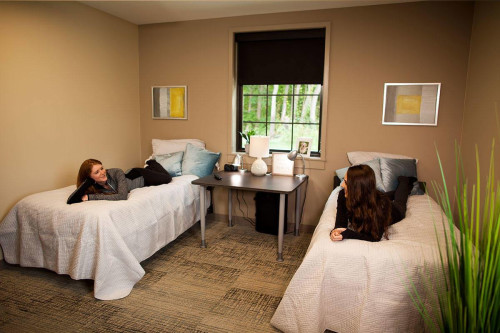
Pinelands Recovery Center of Medford
Treatment Focus
This center treats substance use disorders and co-occurring mental health conditions. Your treatment plan addresses each condition at once with personalized, compassionate care for comprehensive healing.
Primary Level of Care
Offering intensive care with 24/7 monitoring, residential treatment is typically 30 days and can cover multiple levels of care. Length can range from 14 to 90 days typically.
Claimed
Recovery.com has connected directly with this treatment provider to validate the information in their profile.
Treatment Focus
This center treats substance use disorders and co-occurring mental health conditions. Your treatment plan addresses each condition at once with personalized, compassionate care for comprehensive healing.
Primary Level of Care
Offering intensive care with 24/7 monitoring, residential treatment is typically 30 days and can cover multiple levels of care. Length can range from 14 to 90 days typically.
Provider's Policy
The insurance specialists at Pinelands have a vast array of knowledge when dealing with insurance and treatment coverage. They will work on your behalf to communicate with your insurance provider to determine how much your insurance plan will cover. Additionally, case managers and treatment specialists keep detailed clinical documents to ensure that if a patient needs more treatment than initially expected, the insurance coverage should not be an issue. Unfortunately, many insurance companies will reject extended lengths of stay or additional treatment modalities if the correct diagnosis, prognosis or verbiage is not used.
Pinelands Recovery Center of Medford
Pinelands Recovery Center of Medford
About Pinelands Recovery Center of Medford
Pinelands Recovery Center of Medford treats young adults 18-35 and adults 35+ in age-specific residential homes. Their personalized, evidence-based treatments can help clients heal from addiction and co-occurring disorders. Pinelands rests on 42 acres, allowing clients to escape from busyness and focus on their recovery in a serene environment. Pinelands Recovery Center blends evidence-based, experiential, and 12-Step therapies to offer personalized care for each client.
Multifaceted Modalities for Well-Rounded Care
No matter what patients are trying to cope with—substance use, mental health issues, trauma, relationship and family dynamics—they will have access to Pinelands’ masters-level clinicians trained in an array of modalities. Focusing on healing mind, body and spirit, they use cognitive behavioral therapy (CBT), dialectical behavior therapy (DBT), acceptance and commitment therapy (ACT), motivational interviewing techniques, group psychodrama, 12-Step philosophies, and medication-assisted detox. Clients have weekly sessions with a primary therapist and a multidisciplinary clinical team.
Specialized Treatment Programs
Pinelands Recovery Center Medford offers specialized treatment programs for young adults, adults, and Veterans. Their age-specific care begins in age-specific accommodations, with one home for young adults 18-35 and the other for adults 35+. Pinelands provides gender-specific treatment within each program, with men and women meeting in separate groups. Their Veterans program helps military veterans heal from substance use, trauma, and post-traumatic stress disorder (PTSD). Pinelands is also a licensed provider of the Conscious Recovery Curriculum, which helps clients tap into their spiritual side throughout their recovery process.
Making The Mind-Body Connection
Pinelands Recovery Center encourages patients to explore physical activities and mindful movement during treatment. Pinelands has a fitness center, volleyball court, basketball court, and tennis courts for clients to stay active and connect with each other. After residential treatment, Pinelands welcomes clients into their strong alumni community, with monthly events and a private phone app for 24/7 support.

Center Overview
Treatment Focus
This center treats substance use disorders and co-occurring mental health conditions. Your treatment plan addresses each condition at once with personalized, compassionate care for comprehensive healing.
Joint Commission Accredited
The Joint Commission accreditation is a voluntary, objective process that evaluates and accredits healthcare organizations (like treatment centers) based on performance standards designed to improve quality and safety for patients. To be accredited means the treatment center has been found to meet the Commission's standards for quality and safety in patient care.
Insurance Accepted
Cash Pay Rates
Estimated Cash Pay Rate
Center pricing can vary based on program and length of stay. Contact the center for more information. Recovery.com strives for price transparency so you can make an informed decision.
Meet Your Care Team

Christian Losch
CEO
LCSW, LCADC

Casey Castronova
Clinical Director
LCSW, LCADC

David Gigliotti
Medical Director
DO

Lance Russell
Operations Director
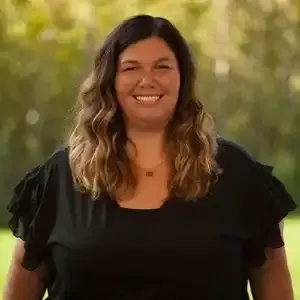
Nicole Melendez
Director of Nursing
RN
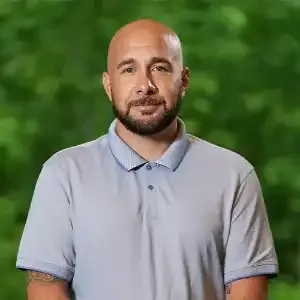
Jay Fanelli
Regional Director of Clinical Outreach

Christina Congdon
Director of Admissions
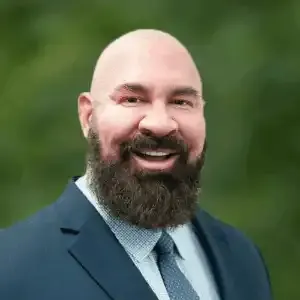
Dr. Matthew Ruble
Chief Medical Officer
MD

Athena Helper
Operations Supervisor
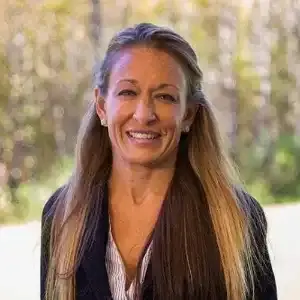
Kristi Collins
Psychiatric Nurse Practitioner
MSN, APN, FPMHNP-BC
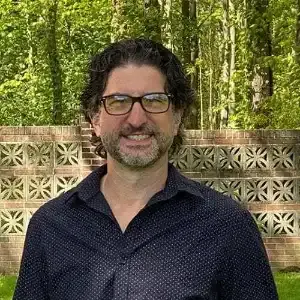
Michael Zanotti
Psychiatric Mental Health Nurse Practitioner
MSN, APN, PMHNP-BC
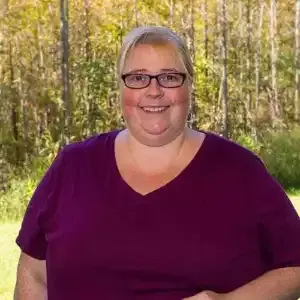
Ruth Mackenzie
Nursing Supervisor
RN
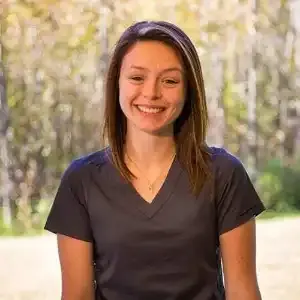
Georgeena Jacobson
Nursing Supervisor
RN

Stephanie Pedrick
Clinical Supervisor-Young Adult Program
LSW
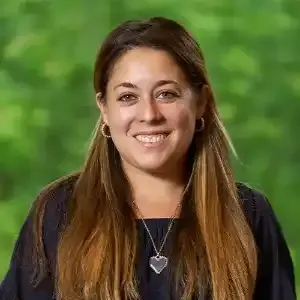
Alexandra Miller
Clinical Supervisor- Adult Program
LCSW, LCADC

Sean McCormick
Food Service Supervisor

Christopher Pawling
Alumni Coordinator

Nicole Gregorovic
Primary Therapist

David Babcock
Primary Therapist
CACDC

Jaclyn Annunziata
Primary Therapist
LSW

Robert Brady
Primary Therapist
CADC

Samantha Bradley
Primary Therapist
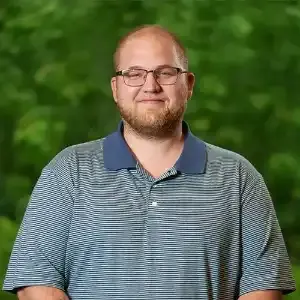
Joseph Edwards
Primary Therapist
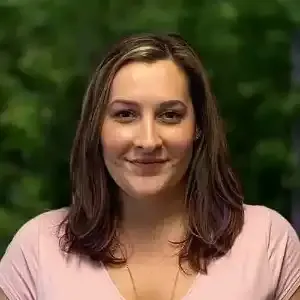
Jessica Ortiz
Primary Therapist
LSW

Emily Goodman
Primary Therapist
MS, CADC
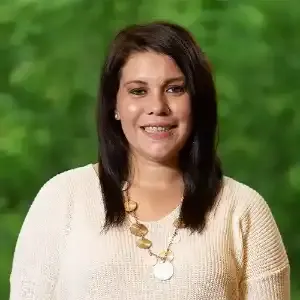
Amanda Wagner
Primary Therapist
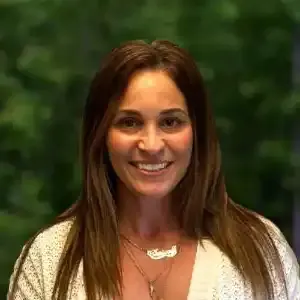
Christina Perez
Primary Therapist
MSW, CADC

Logan Schwiering
Case Manager

Jason Zimilong
Case Manager

Courtney Milligan
Case Manager Young Adult Program

Monica Digesu
Case Manager
CPRS
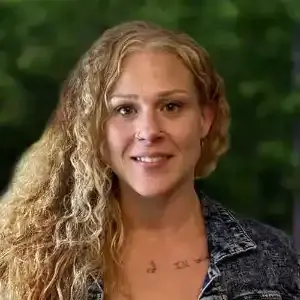
Stephanie Kohlbus
Case Manager
CADC
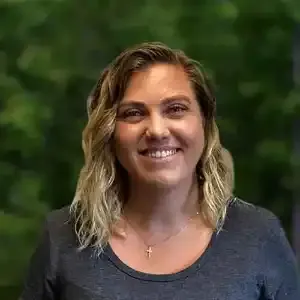
Andrea Gochenaur
Case Manager
BA, CADC
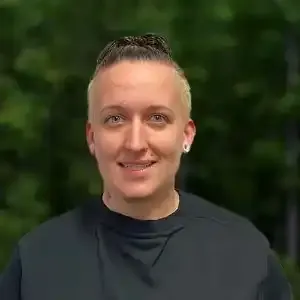
Nicolle White
Case Manager

Krisin Meehan
Referral Relations Manager

Amy McGuigan
Medical Liaison

Jeannie Kelly
Family Wellness Counselor
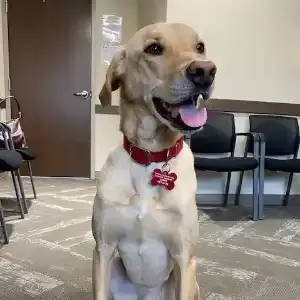
Augie
Registered Therapy Dog




Levels of Care






Your Care Options
Specializations
Older Adults
Addiction and mental health treatment caters to adults 55+ and the age-specific challenges that can come with recovery, wellness, and overall happiness.
Alcohol
Using alcohol as a coping mechanism, or drinking excessively throughout the week, signals an alcohol use disorder.
Anxiety
Anxiety is a common mental health condition that can include excessive worry, panic attacks, physical tension, and increased blood pressure.
Depression
Symptoms of depression may include fatigue, a sense of numbness, and loss of interest in activities. This condition can range from mild to severe.
Young Adults
Emerging adults ages 18-25 receive treatment catered to the unique challenges of early adulthood, like college, risky behaviors, and vocational struggles.
Who We Treat
Young Adults
Emerging adults ages 18-25 receive treatment catered to the unique challenges of early adulthood, like college, risky behaviors, and vocational struggles.
LGBTQ+
Addiction and mental illnesses in the LGBTQ+ community must be treated with an affirming, safe, and relevant approach, which many centers provide.
Men and Women
Men and women attend treatment for addiction in a co-ed setting, going to therapy groups together to share experiences, struggles, and successes.
Midlife Adults
For adults ages 40+, treatment shifts to focus on the unique challenges, blocks, and risk factors of their age group, and unites peers in a similar community.
Veterans
Patients who completed active military duty receive specialized treatment focused on trauma, grief, loss, and finding a new work-life balance.
Approaches
Evidence-Based
A combination of scientifically rooted therapies and treatments make up evidence-based care, defined by their measured and proven results.
Holistic
A non-medicinal, wellness-focused approach that aims to align the mind, body, and spirit for deep and lasting healing.
Personalized Treatment
The specific needs, histories, and conditions of individual patients receive personalized, highly relevant care throughout their recovery journey.
Twelve Step
Incorporating spirituality, community, and responsibility, 12-Step philosophies prioritize the guidance of a Higher Power and a continuation of 12-Step practices.
Therapies
1-on-1 Counseling
Patient and therapist meet 1-on-1 to work through difficult emotions and behavioral challenges in a personal, private setting.
Mindfulness Therapy
This ancient practice can be mental, emotional, and even spiritual. In meditation, you focus your attention on the present moment without judgement.
Experiential Therapy
With this approach, patients heal by doing. Therapists help patients process difficult emotions to speak, using guided activities like art or dance.
Family Therapy
Family therapy addresses group dynamics within a family system, with a focus on improving communication and interrupting unhealthy relationship patterns.
Life Skills
Teaching life skills like cooking, cleaning, clear communication, and even basic math provides a strong foundation for continued recovery.
Medication-Assisted Treatment
Combined with behavioral therapy, prescribed medications can enhance treatment by relieving withdrawal symptoms and focus patients on their recovery.
Motivational Interviewing and Enhancement Therapy (MET)
This approach is based on idea that motivation to change comes from within. Providers use a conversational framework that may help you commit to recovery.
Nutrition Counseling
Nutritious food helps patients heal from within, setting them up for mental and bodily wellness as they learn about healthy eating.
Conditions We Treat
ADHD, ADD
ADHD is a common mental health condition caused by dopamine imbalance. Common symptoms include inattention, hyperactivitiy, and impulsivity.
Anger
Although anger itself isn't a disorder, it can get out of hand. If this feeling interferes with your relationships and daily functioning, treatment can help.
Anxiety
Anxiety is a common mental health condition that can include excessive worry, panic attacks, physical tension, and increased blood pressure.
Bipolar
This mental health condition is characterized by extreme mood swings between depression, mania, and remission.
Depression
Symptoms of depression may include fatigue, a sense of numbness, and loss of interest in activities. This condition can range from mild to severe.
Stress
Stress is a natural reaction to challenges, and it can even help you adapt. However, chronic stress can cause physical and mental health issues.
Substances We Treat
Alcohol
Using alcohol as a coping mechanism, or drinking excessively throughout the week, signals an alcohol use disorder.
Benzodiazepines
Benzodiazepines are prescribed to treat anxiety and sleep issues. They are highly habit forming, and their abuse can cause mood changes and poor judgement.
Chronic Relapse
Consistent relapse occurs repeatedly, after partial recovery from addiction. This condition requires long-term treatment.
Co-Occurring Disorders
A person with multiple mental health diagnoses, such as addiction and depression, has co-occurring disorders also called dual diagnosis.
Cocaine
Cocaine is a stimulant with euphoric effects. Agitation, muscle ticks, psychosis, and heart issues are common symptoms of cocaine abuse.
Drug Addiction
Drug addiction is the excessive and repetitive use of substances, despite harmful consequences to a person's life, health, and relationships.
Heroin
Heroin is a highly addictive and illegal opioid. It can cause insomnia, collapsed veins, heart issues, and additional mental health issues.
Psychedelics
Hallucinogenic drugs—like LSD—cause euphoria and increased sensory experiences. When abused, they can lead to depression and psychosis.
Languages
Aftercare
Care Designed for Your Needs
Personal Amenities
Amenities
Special Considerations
Gender-specific groups
Patients in gender-specific groups gain the opportunity to discuss challenges unique to their gender in a comfortable, safe setting conducive to healing.
Healthy Meals are provided
Great food meets great treatment, with providers serving healthy meals to restore nutrition, wellbeing, and health.
Young Adults Program
Programs for young adults bring teens 18+ together to discuss age-specific challenges, vocational and educational progress, and successes in treatment.
Activities
Yoga
Yoga is both a physical and spiritual practice. It includes a flow of movement, breathing techniques, and meditation.
What people are saying
Treatment
4.3
Accommodations
4.6
Food & Nutrition
4.6
Value
4.2
RB
Reviewed 05/04/18
Review from Rehabs.com
Max S.
Treatment in 2017 • (45 days) • Reviewed 08/31/21
Former Client
•CADC Intern/Musician
Peter
Reviewed 12/07/20
Review from Rehabs.com
Holly
Reviewed 03/23/18
Review from Rehabs.com
Adam
Reviewed 03/09/18
Review from Rehabs.com






